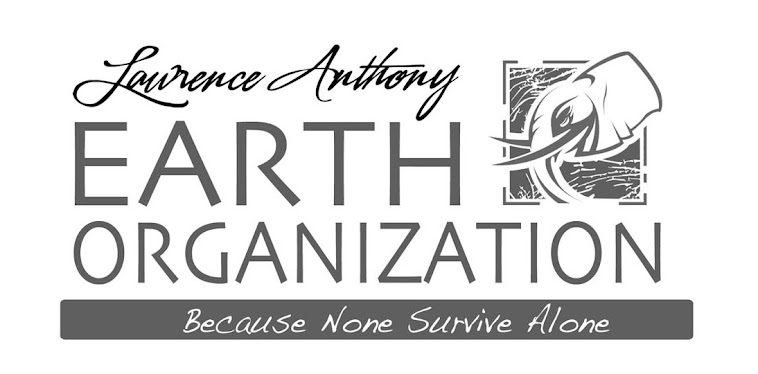"How Many Planets Do
We Need?"
Published in the Namib Times, 9 April 2013.
By Marcia Stanton
It is time we rethink our addiction to limitless
growth. We are using the planet like a
credit card, selfishly withdrawing too much while leaving the debt for future
generations to cope with.
The environment is a global commons which people often
exploit in order to increase their own maximum individual benefit. Meanwhile the greater global impact gets
ignored. As a result, we are over using our earth’s resources. In fact we are currently using the resources
at a rate of 30% more than what can be regenerated.
According to the Global Footprint Network, at our existing worldwide
rate of resource use, we need 1 ½ planets to sustain the present level of
development and consumption. If global
resource use continues to expand at the modern rate, then we will need 3
planets to sustain the earth’s population in 2050.
Presently Namibia needs 1.15 planets to sustain itself,
meaning that as a whole the Namibian population is not living sustainably. In future, Namibia could become even more
unsustainable if our goal is to develop in the same manner as the first world. European countries need nearly 3 planets and
the United States needs about 4 planets to sustain their population at existing
rates of development and consumption.
Clearly something has to give as we only have 1 planet. Some 40%
of all living species on Earth are at risk of going extinct and 20% of all freshwater species have gone extinct due to human activities. If the present rate of soil damage continues,
we have only about 60 years of topsoil
left in the entire world for growing food. Currently, 40% of human deaths are caused by environmental pollution. The worst impacted are the poor who have far
less access to resources including health care.
The writing is on the wall.
Our present limitless growth will lead to the mass suffering of future
generations. They will not be able to
sustain themselves from the damaged planet we are leaving them unless we make
serious changes now and look at truly sustainable options for development. Although “sustainable development” seems to
be the latest buzz word, few people grasp the true meaning. Sustainable development is defined as “development
that meets the needs of the present without compromising the ability of future
generations to meet their own needs.”
In order to live truly sustainably, then we need a paradigm
shift in how we think and behave. We must take pressure off of the planet’s
resources by lowering our consumption and population and increasing resource
efficiency. We must limit our use of
non-renewable resources such as oil, coal, natural gas, uranium, phosphates, and
other minerals. We should sustainably make
use of renewable resources such as solar energy, air, wind, water, soil and
plants.
It is time for us all to make changes in order for future
generations to survive. After all, "the earth is not ours; it is a
treasure we hold in trust for our children and their children." - African
Proverb


No comments:
Post a Comment